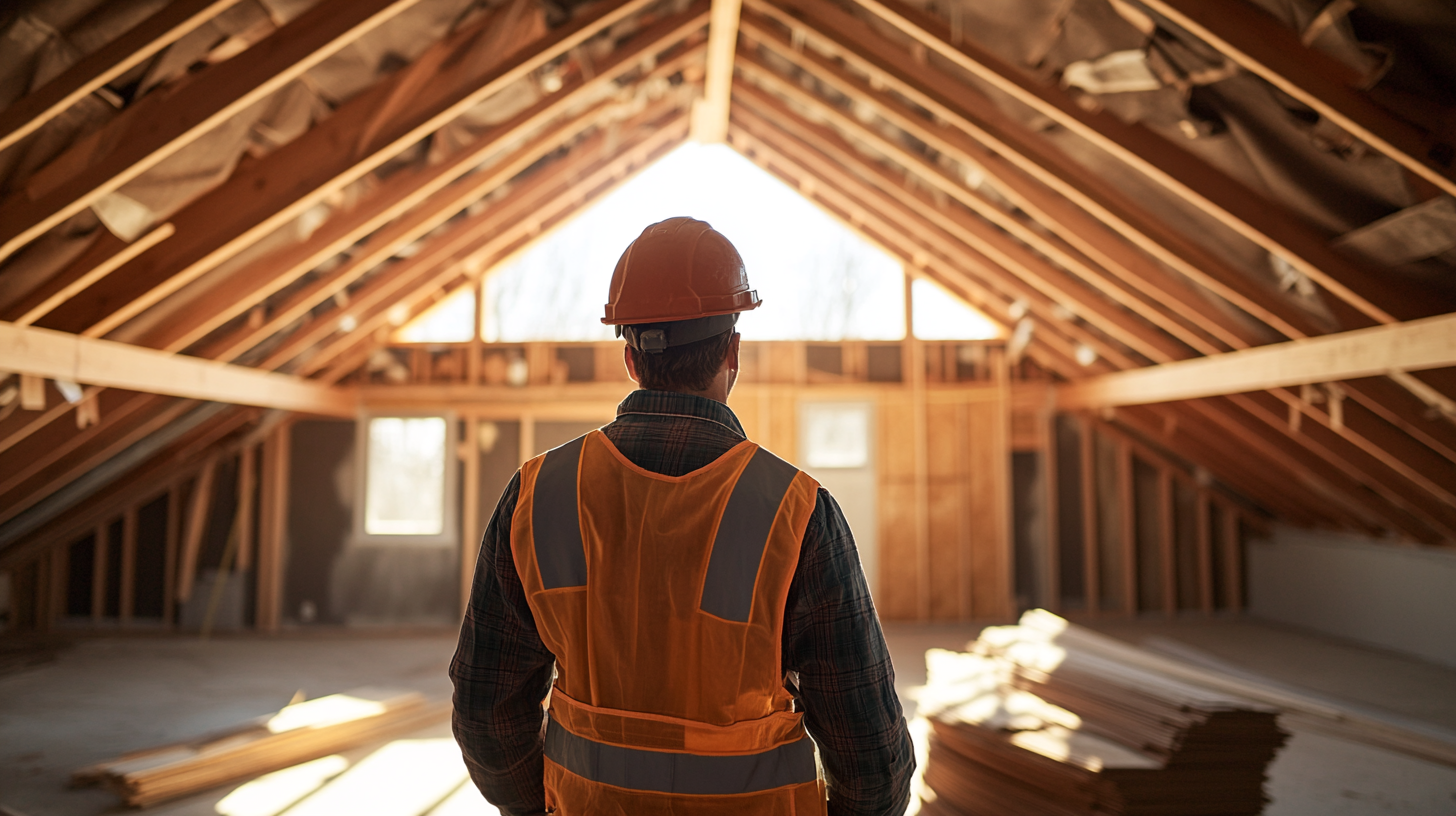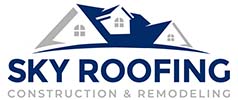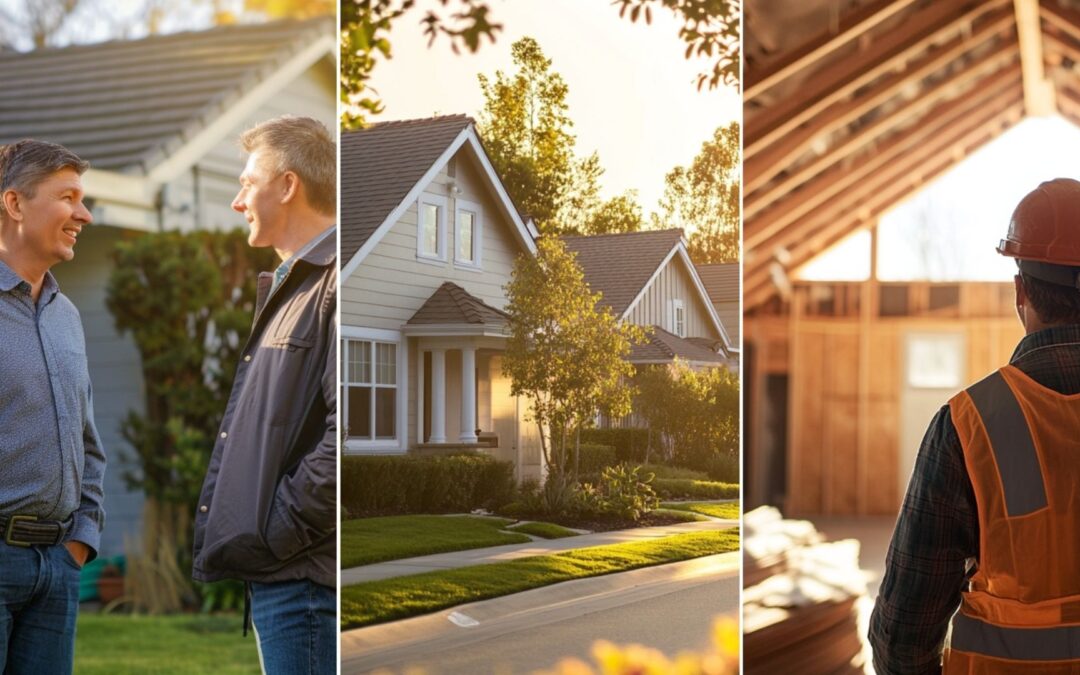Inspection Process Standards
Roof inspections are a crucial aspect of maintaining the integrity and longevity of a building’s structure. Ensuring that roofs are thoroughly assessed helps identify potential issues before they escalate and aids in compliance with industry standards and regulations. By adhering to established inspection processes, homeowners and property managers can safeguard their investments, enhance safety, and improve energy efficiency. Understanding these standards empowers property owners to make informed decisions about their roofing needs, ultimately leading to better home maintenance and care.

Inspection Process Standards - Importance of Regular Roof Inspections - Sky Roofing Construction & Remodeling
Importance of Regular Roof Inspections
Regular roof inspections are essential for maintaining the integrity of your home, as they play a crucial role in detecting signs of damage. A professional roof inspector will visually inspect the entire roof, focusing on critical areas like the roof structure, roof vent, vent pipe, and expansion joint. These inspections help identify potential issues such as roof penetrations, damaged shingles, leaks, and mold early on, preventing these minor problems from escalating into significant and costly repairs.
Moreover, consistent inspections by roofing professionals can enhance the roof’s longevity, contributing to a more enduring investment. Additionally, inspecting attic spaces is vital to address any underlying issues promptly.
Many homeowners find that diligent roof maintenance positively impacts their homeowner’s insurance quotes. By embracing a proactive maintenance approach, homeowners protect their property and save substantial amounts in the long run by avoiding major repairs. Investing in regular roof inspections is a smart strategy that safeguards your home and financial well-being.
Overview of the Inspection Process
A comprehensive roof inspection process is essential for maintaining the integrity and longevity of any roofing structure, whether residential or commercial. This process, which should include an annual roof inspection, involves thoroughly assessing the roof surface to identify potential issues, signs of roof damage, and necessary repairs that may take time to be visible. A professional roof inspector evaluates every aspect of the roof, from its materials and design to drainage systems such as roof drains and ventilation, including the roof overhang.
Adhering to established inspection standards and building standards ensures that every detail is carefully examined, taking into account the current condition of the roof and weather conditions that might affect its performance. This diligent approach helps pre-emptively address minor issues before they escalate into costly repairs, such as roof leaks or replacement, and ensures compliance with safety regulations and building codes. By understanding the steps involved in the roof inspection process, building owners can make informed decisions about the roof size, maintenance, and repairs, reinforcing the overall health of their roofs and ultimately enhancing the value of their properties.

Inspection Process Standards - Different Roofing Materials - Sky Roofing Construction & Remodeling
Understanding Different Roofing Materials
When considering a roofing system, it’s essential to understand the various roofing materials available, including shingles, flashing, and gutters, each offering unique benefits and drawbacks. Shingles, for instance, are famous for their versatility and aesthetic appeal, while flashing plays a crucial role in directing water away from seams and joints, and gutters facilitate proper drainage. However, regardless of the materials chosen, correct installation and maintenance are vital for ensuring the roof’s longevity; every component must work together to maintain a watertight system. Close inspections are equally important, as they help assess the condition of roofing materials—detecting flaws in any component can prevent broader roofing issues from developing. Adhering to inspection standards enhances your roofing system’s durability and protects your home from potential damage.

Inspection Process Standards - Properties - Sky Roofing Construction & Remodeling
Common Roofing Materials and Their Properties
Understanding common roofing materials is essential for maintaining the integrity of any roofing system. Materials such as asphalt shingles, metal, tile, and wood all offer unique properties and durability levels that suit various applications. For instance, asphalt shingles are famous for their cost-effectiveness and ease of installation, while metal roofs provide exceptional longevity and resistance to extreme weather. These materials interact significantly with roofing components like underlayment, an additional barrier against moisture, ensuring the home remains watertight and protected from the elements. However, proper inspection and maintenance are crucial to fully harnessing these roofing materials’ benefits. Flawed materials or poor installation can lead to significant issues like leaks or structural damage, compromising the roofing system’s performance. Regular inspection helps identify potential problems early, preserving the longevity and effectiveness of your roofing solution.
How Material Type Influences Inspection Methods
Regarding roof inspections, the type of roofing material plays a crucial role in determining the methods and techniques used during the evaluation process. Different materials, such as asphalt shingles, metal, tile, or slate, each possess unique characteristics that influence how they should be inspected for wear, damage, and overall integrity. Understanding the properties of various roofing materials helps inspectors employ the most effective methods and ensures that potential issues are identified early, minimizing costly repairs. By adhering to established inspection standards tailored to material types, property owners can enhance the longevity and performance of their roofs while maintaining safety and compliance with industry regulations.
The Role of a Professional Roofing Contractor
A professional roofer plays a vital role in maintaining and inspecting roofs, leveraging their expertise to assess all roofing system components, including structural elements and surface materials. During a roofing inspection, these skilled contractors meticulously evaluate the roof’s condition, identifying potential issues requiring prompt attention. This thorough assessment equips homeowners with valuable insights, enabling them to make informed decisions regarding necessary roof repairs or possible replacements. By adhering to proper roof maintenance practices, homeowners can extend the life of their roofs and enhance their properties’ safety and value. Furthermore, having a professional roofer conduct a comprehensive inspection offers peace of mind, fostering confidence during real estate transactions and ensuring that buyers and sellers can navigate the process with assurance.
Qualifications and Certifications of Roofing Inspectors
Roofing inspectors play a crucial role in guaranteeing that roofs meet industry standards for safety and durability, and their qualifications and certifications are essential for this professional evaluation. A qualified roofing inspector typically possesses relevant training, certifications, and experience in the field, equipping them to conduct thorough assessments and understand the distinction between a roof inspection and a roof certification. In contrast, an inspection involves evaluating the roof’s condition; certification is provided by certified inspectors who validate the inspection process and the roof’s overall condition. This certification confirms that the roof meets necessary standards and influences its validity period, ensuring homeowners are aware of their roof’s performance expectations over time. Adhering to these standards helps protect investments and ensures safety for all occupants.
The Importance of Hiring Licensed Professionals
Regarding roof inspections, the importance of hiring licensed professionals cannot be overstated. Licensed inspectors bring knowledge, experience, and expertise to the table, ensuring that every aspect of the roofing system is thoroughly evaluated. Their training and certification equip them with the skills to identify potential issues that may not be visible to the untrained eye, such as hidden water damage or structural weaknesses. Adhering to industry standards and regulations, licensed professionals deliver accurate assessments and ensure necessary repairs or maintenance comply with local building codes. This level of professionalism not only enhances the safety and longevity of your roof but also provides homeowners with peace of mind, knowing that they are investing in quality service backed by regulatory standards.
Preparing for a Roof Inspection
Preparing for a roof inspection is essential to ensure a thorough and professional evaluation. Begin by providing easy access to the roof and surrounding areas; this may involve clearing any debris from gutters and trimming back overhanging branches that could obstruct the inspector’s work. Additionally, gather all relevant documentation regarding the roof’s history, such as records of past repairs or previous inspections. Providing this information facilitates a more comprehensive assessment, allowing the inspector to identify potential issues more effectively. Proper preparation enhances the inspection process and helps maintain the roof’s longevity and integrity. By taking these steps, homeowners can ensure a smoother roof inspection experience while benefiting from professional insights into their roofing needs.
Ensuring Quality with Roof Inspection Process Standards
Adhering to inspection process standards is crucial for ensuring the long-term health and safety of your roof. By following these established guidelines, you can protect your investment and maintain the integrity of your home (https://skyroofingconstructiontx.com). For a comprehensive roof inspection and quality roofing installation, contact Sky Roofing Construction & Remodeling at (210) 942-9797 today. Ensure your roof is in top condition with the expertise you can trust.




